Meet Steven Gizzi | CEO of MuseFlow, Composer, & Music Educator
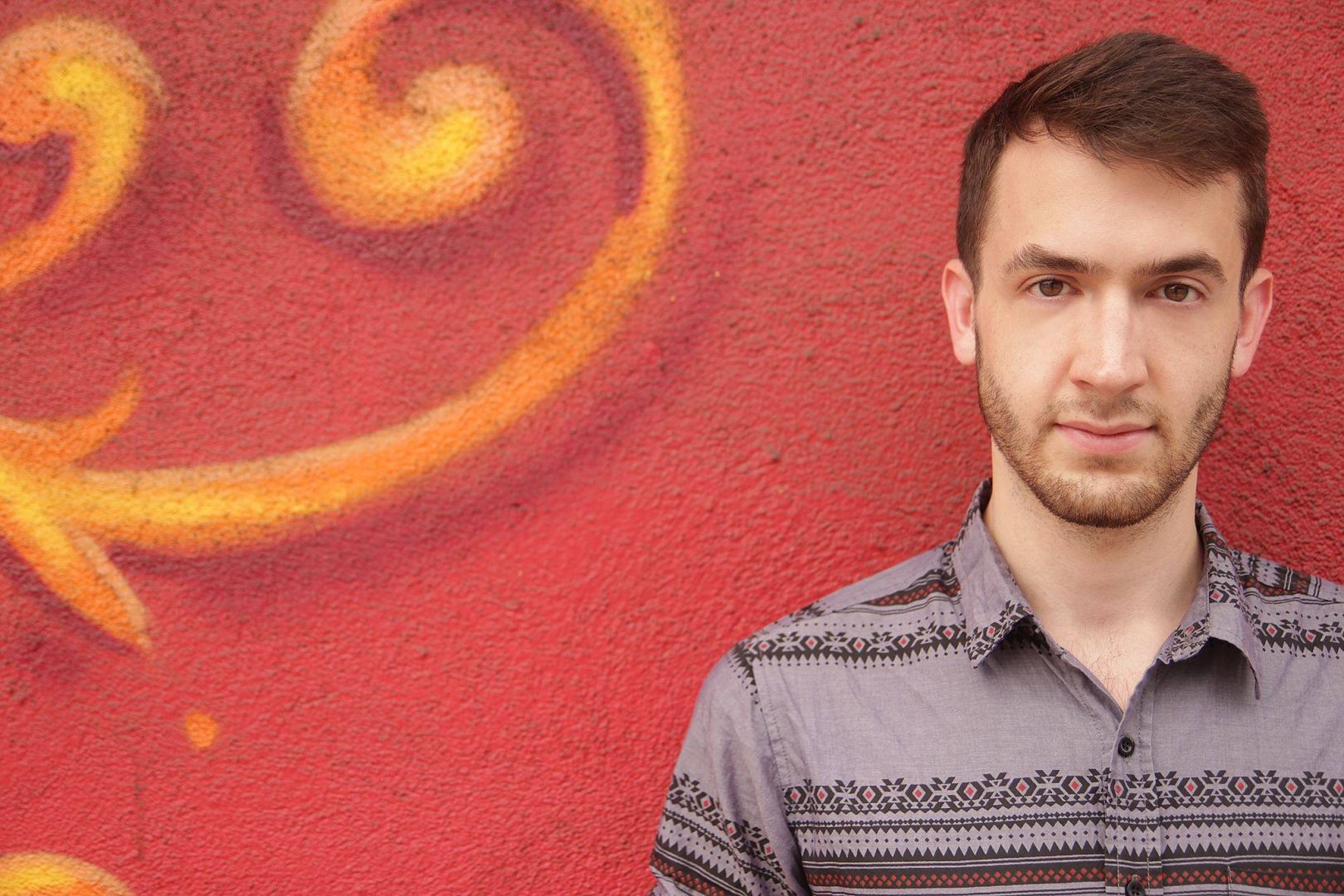
We had the good fortune of connecting with Steven Gizzi and we’ve shared our conversation below.
Hi Steven, why did you decide to pursue a creative path?
The first thing you should know about me is that I have a profoundly deep love for music, and have spent most of my life following that passion. I believe it to be one of the great joys in life – it can make us dance, it can make us weep, it can give us goosebumps, and it can make us fall in love. Learning to play an instrument and becoming fluent in this musical language is a process that not only unlocks the door to artistic fulfillment, but also teaches valuable skills which build one’s character in the process.
I started playing piano at a young age when my dad bought a cheap Casio keyboard and put it in my bedroom. I took private music lessons with a series of amazing teachers all through my childhood and at university. Music has always been a source of release for me, and an opportunity to create my own beautiful new worlds. And now here I am, working professionally as a composer and music educator in LA. Funny how seemingly small actions can affect the trajectory of your life in such big ways. Over the past eight years, I’ve composed music for clients such as Netflix, DreamWorks Animation, and Cartoon Network, and have taught thousands of music lessons to students of all ages and backgrounds.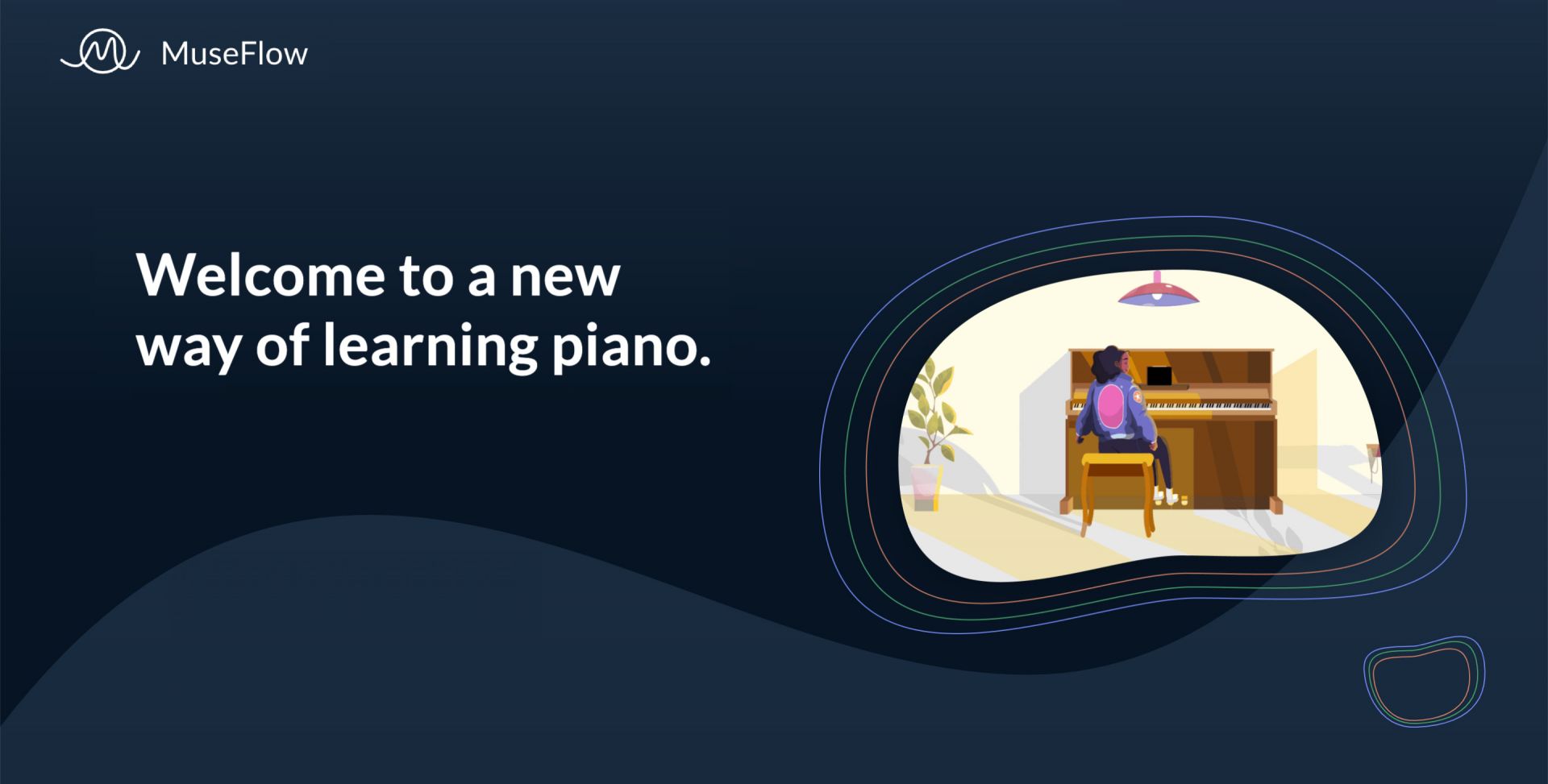
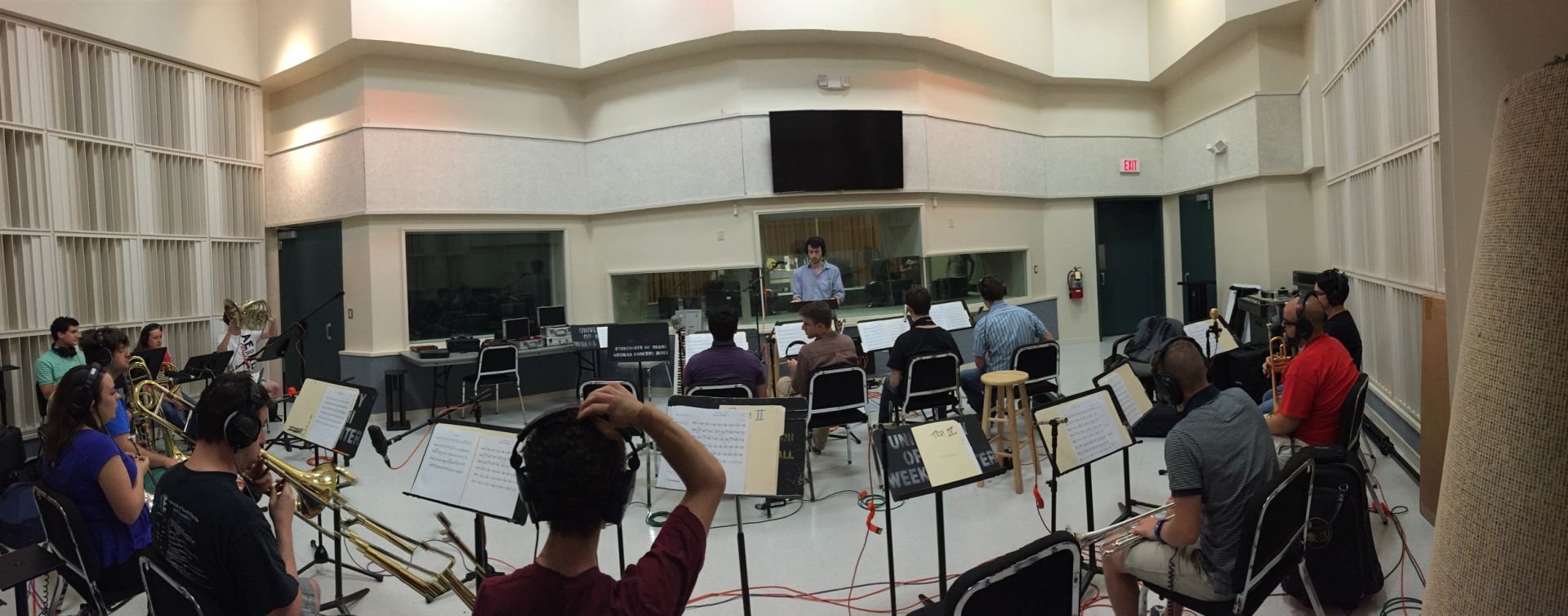
Please tell us more about your work. We’d love to hear what sets you apart from others, what you are most proud of or excited about. How did you get to where you are today professionally. Was it easy? If not, how did you overcome the challenges? What are the lessons you’ve learned along the way. What do you want the world to know about you or your brand and story?
I’ve really discovered a love for teaching over the course of my career – sharing the wisdom of my experience with aspiring musicians. I find it very rewarding to see the sparks light up in students’ eyes when they discover hidden creative potential within themselves. I can often learn from them as much as they learn from me.
Despite this, in my experience I’ve found that so many people dread taking music lessons, despite having a sincere love for music. The first steps of a person’s learning journey can be exhilarating, with lots of progress being made. But soon enough, the “honeymoon phase” wears off and the motivation they once had quickly tapers away into frustration, boredom, and stress. This is a scenario I see time and time again with aspiring musicians. I began to ask myself, why is this so often the case?
Last year, I started a music education tech company called MuseFlow with some close friends and colleagues to tackle some of these issues. Together, we share a dream of making musical fluency accessible to everyone, with a learning environment that feels more like play and less like work. We’re developing an app that uses an AI-driven approach to redefine the way that we learn and practice music, starting with the piano.
Our unique approach helps each user focus on honing the fundamental skills they need to achieve fluency, rather than just memorizing specific songs. You’ll progress through a series of levels of increasing difficulty, with each new level introducing a new concept to learn and practice. Each level has been carefully designed to keep you in flow state by continuously loading up new music to play which you’ve never seen before, always at just the right level of complexity for your skill level. As you advance, the level will get more and more difficult, always keeping pace with your ability, until you eventually pass the finish line and complete the level. And the best part – you never have to stop playing, repeat any material, or stress about your mistakes. MuseFlow will automatically track your performance in real time and address all your weaknesses before moving you up to the next level.
Unfortunately, most music education is based on a flawed design. It favors muscle memorization over reading comprehension, brute repetition over versatility, and perfection over progress.
Imagine that a person’s skill level can be visualized as a range, with a floor and a ceiling. The ceiling represents the most difficult piece of music that a person can play well, given an indefinite amount of time to practice. Most people spend the majority of their practice time endeavoring to raise this ceiling, tackling ever harder and harder songs that take them weeks or even months to learn properly.
Alternatively, the floor represents the most difficult piece of music a person can play well on the first time they ever see it. This latter activity is what we call sight-reading – reading on sight without any prior preparation. It’s a far more accurate barometer of overall musical competency than playing an (admittedly impressive) song which has been meticulously practiced over and over again for months.
Unfortunately, a person’s “floor level” is much more difficult to raise than their “ceiling level.” And most music students don’t spend nearly enough time working on it. The result is that a person’s ceiling moves up at a much faster rate than their floor, creating a wider and wider gap between them. This means that as they start working on more challenging material, each new song they try to learn will take longer and longer to master.
Pretty soon, their practice sessions have transformed from a fun learning opportunity into a constant source of frustration and stress that takes up all of their time. Students very quickly find themselves too far outside their comfort zone, without the necessary skills to learn increasingly advanced material in a natural, stress-free way.
MuseFlow is our solution to this problem, manifested with love from a group of creators and musicians who have struggled with all these same problems ourselves. The app provides an adaptive, personalized curriculum to help you learn at your own pace, using advanced algorithms to analyze your performance and always present you with music that exactly matches your current skill level. We endeavor to make practicing music feel like a game, delivering maximum educational value without sacrificing any of the fun.
I’m so grateful to our entire team for all of the work they’ve put into building MuseFlow. It’s been a long but immensely rewarding process collaborating with them so far. We’ve really taken it upon ourselves to build a product with entirely new data infrastructures that allow us to analyze musical performance with an unprecedented level of nuance. There have been a lot of challenges along the way, but I believe that our experience is proof that if you care deeply enough about solving a problem, anything is possible.
I’m thrilled to announce that we will be launching our initial prototype very soon. Our current product focuses on learning piano, but we have plans to expand to many other instruments in the future. We’re so excited to open MuseFlow up to the broader market and start providing value to anyone who has ever struggled with mastering music.
If you are interested in trying it out, please check out our website (link below) to learn more about our team and to join our mailing list so you can be among the first to know when it’s available!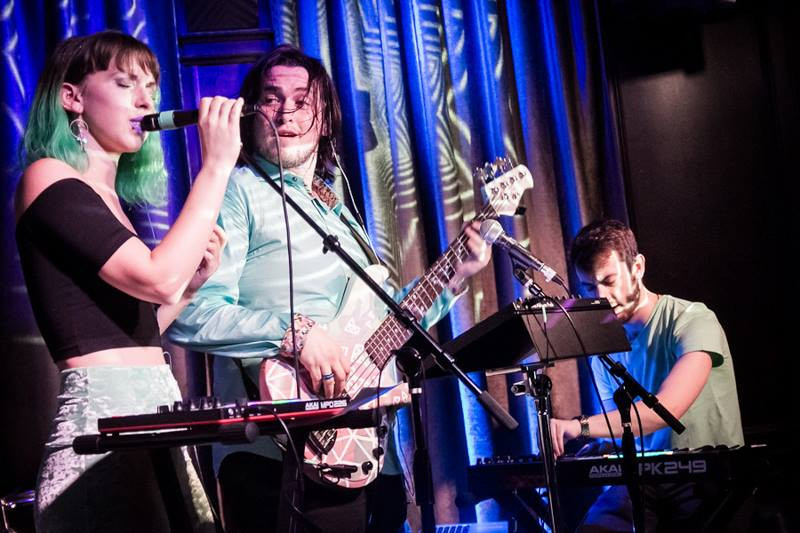
If you had a friend visiting you, what are some of the local spots you’d want to take them around to?
There are a few spots that immediately come to mind! First and foremost, I would take them to the Walt Disney Concert Hall to see the LA Philharmonic play. The stunning architecture alone is worth the visit, but the world-class performances make it an unforgettable experience.
For a fun night out, I would take them to Tramp Stamp Granny’s, a bustling piano bar in Hollywood where my MuseFlow cofounder Patrick likes to perform. It’s always a memorable night there, and P.S. they take song requests!
For all the foodies, I would highly recommend the Bay Cities Italian Deli in Santa Monica. Take a number and order the Godmother sandwich – the best sandwich in all of LA, in my opinion. The deli has been around for over 90 years and it’s a staple for locals and tourists alike. And for the best ramen in town, go to Tsujita in the Sawtelle district. The broth is sinfully rich and the noodles are perfectly cooked. It’s a small spot with a long wait, but it’s worth it.
Finally, if you’re looking for a rooftop bar with a stunning view of the city, check out Perch in downtown LA. It’s a personal favorite of mine, and excellent for a classy night out.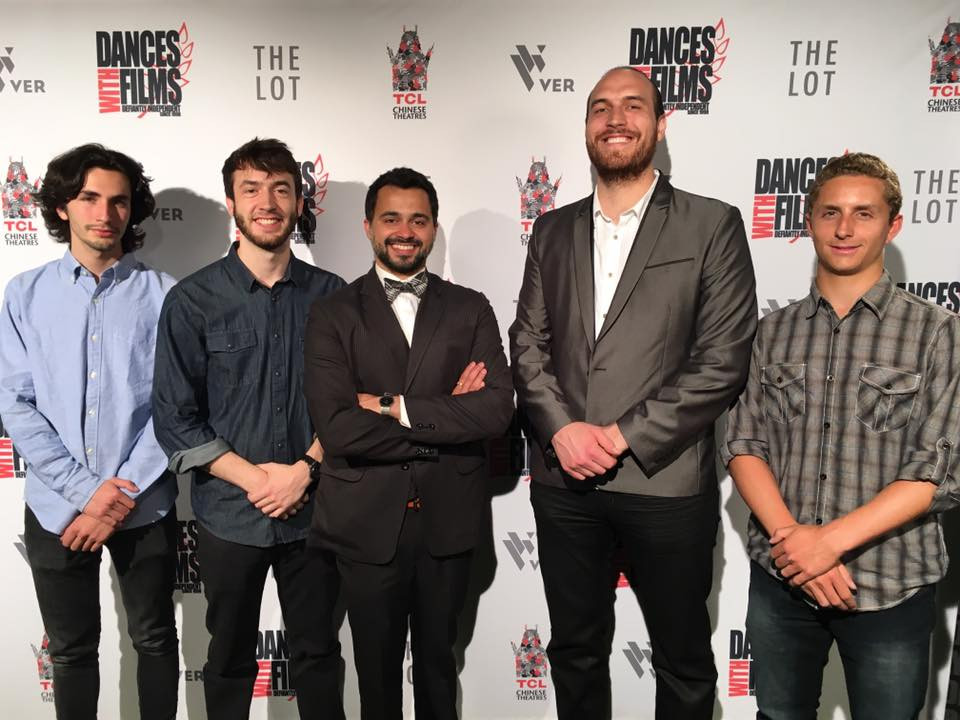
Shoutout is all about shouting out others who you feel deserve additional recognition and exposure. Who would you like to shoutout?
I owe so much of my success to my late piano teacher, Jake Nielsen. I started piano lessons with him when I was a boy, and he shepherded my musical passion through all of my teenage years. So many of my foundational musical skills were learned from him. Not only did he teach me piano, but he also kindled my artistic spirit and provided invaluable support to my budding composing career. I truly wish that he could see me now, and that I could thank him again for all he did for me.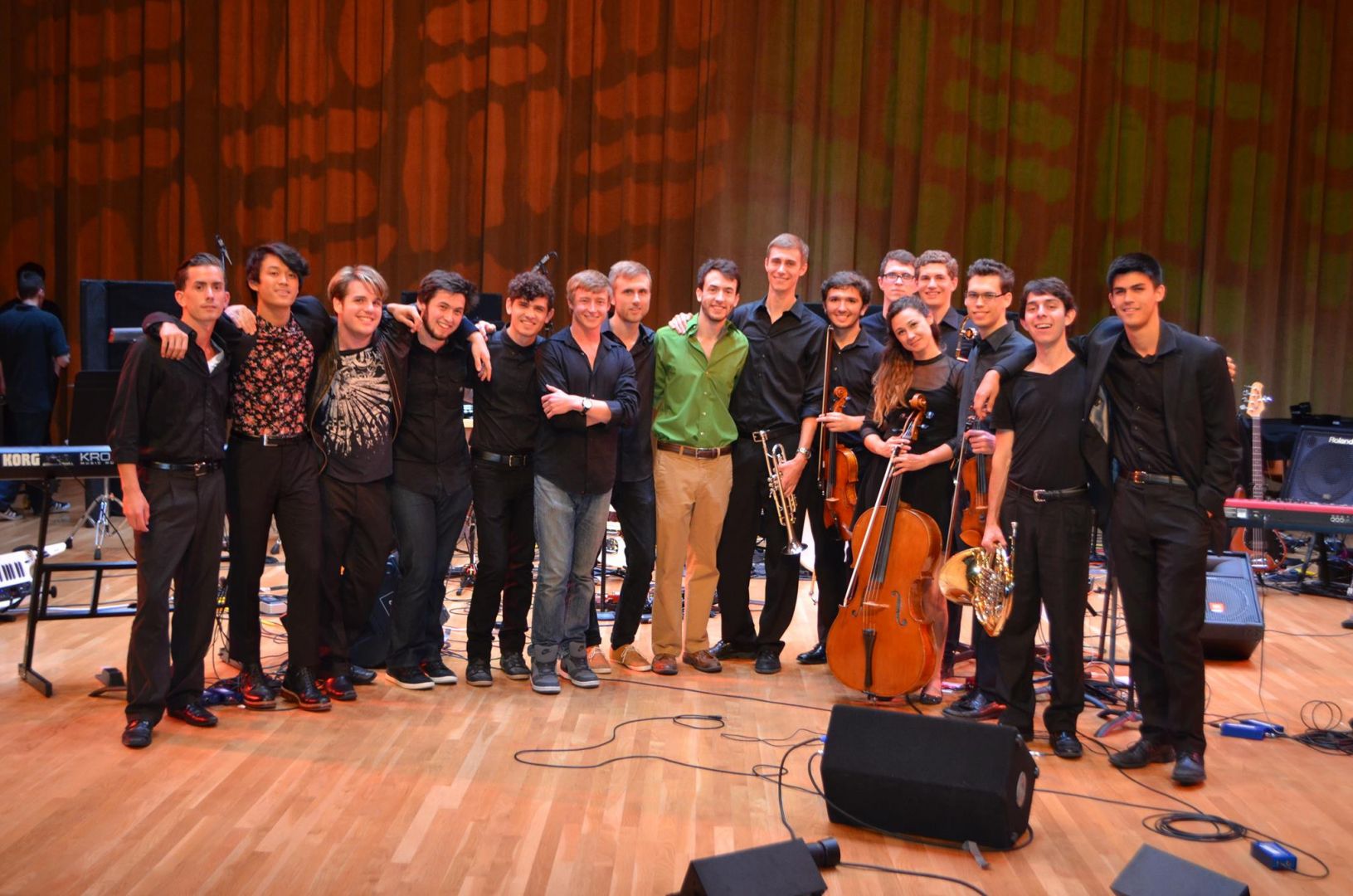
Website: museflow.ai
Instagram: @stevengizzi
Linkedin: www.linkedin.com/in/stevengizzimusic
Twitter: twitter.com/stevengizzi_
